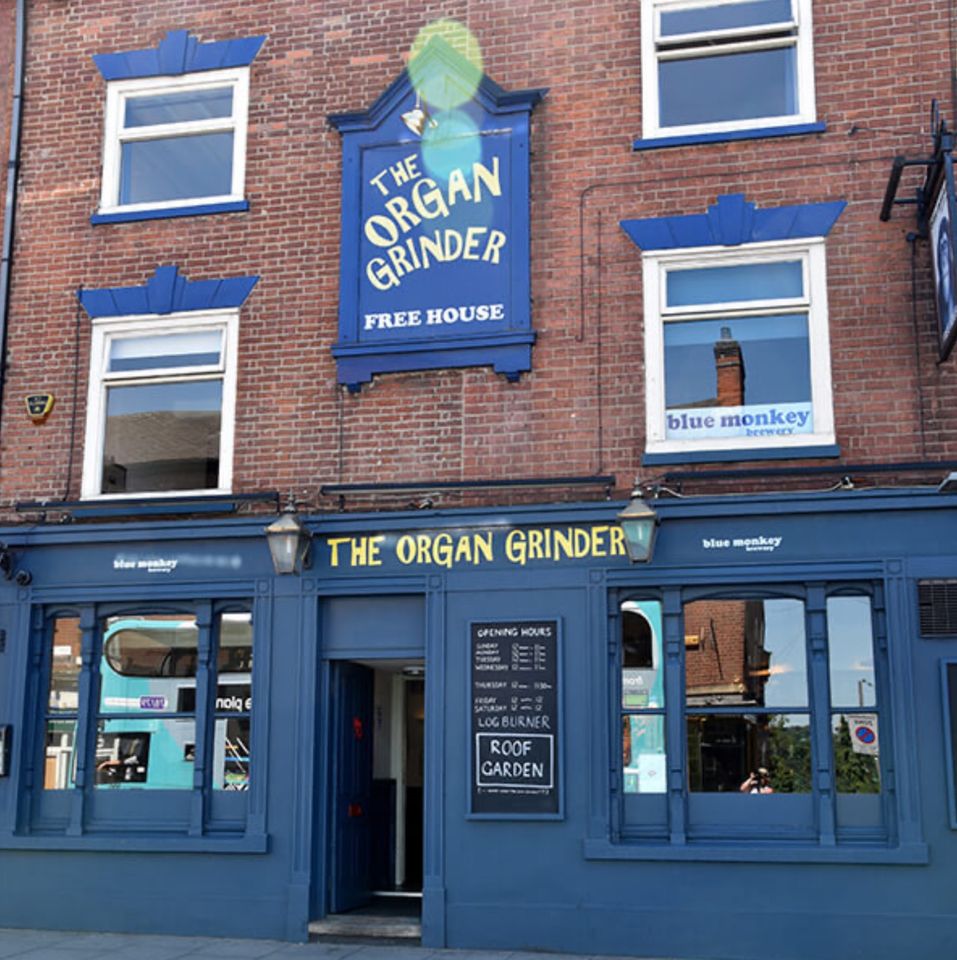ROOM FOR POETRY
I have a room for poetry
Two bookcases of neatly filed books
Arranged by region of course
Then chronologically
They have been gathering dust for years
Unread, unopened, a wall of doubt
Twenty years I have been a closed book
Until today the penny dropped
The dam burst, the Bastille fell
Words started pouring down
Cascading down the shelves
From Shakespeare to Auden
A waterfall of words
For you
They poured around my bed
Lifted it up like a boat
Some took off battered the windows
Like a murmur of starlings
Blinded my eyes
Choked my throat
I have made a room for poetry
I rock on a bed at sea
Calling out to you
In the silence
THE INVISIBLE AUDOBON
Somewhere deep in the bowels
Of my past life in Oxford
I am crouched with a naked flame
Above an original copy of Audobon
Subscription edition, worth millions
And hidden from mere mortal gaze
In a secret location
Its own room in the Bodleian Library
In this dream my life rolls backwards
Towards the Minotaur under the trees
Holding each precious page
Hurt and pain unwound too
Alongside Alfred’s jewel, lost treasures
Leonardos and Raphaels all mine
I load them on to Tradescent’s cart and
Wheel them back into the light
I start a new enlightenment
Shine a light into the dark with these beacons
Light a series of fires across the downs
Burn away the hurt and sorrow, the business plans
Start a new University in the air free of charge
FORGED
The ignition came unbidden
A firefly at dusk, drifting
Across the estates like a wayward lantern
That some bright spark in Mansfield
Decided was a UFO
And called 999 twice
Or three times
No I didn’t want to start again
I couldn’t help it
The materials were there
Lying around the forge
Dusty with neglect, unloved
Then the molten heart leaked
A salamander
Here it lays, stronger, steely
Coated in black armour
For black times
Come slings and arrows
Normal misfortunes are ten a penny
In every A&E you’ll find them
Forging ahead or burnt and gone
You cannot fake emotion
SOUTH AND WEST
I sit on a Nottingham bound train
At Derby Station
And note the platform signage
‘South and West’
My wife is south and west
Of here now following her own path
I am headed north without due reason
My life has always been south and west
Until nearly twenty years ago
On a whim I headed north
And met her due south
On a grey thundery London evening
She was headed west even then
It just took her a lot longer to reach her destination
Which for now is between stations
Hanging in the air like bird song
I hear her now and then, hear her true voice
Growing fainter on the wind
Standing in a siding blurred with weeds
Somewhere south and west of here
In twenty years
We will both be gone, long departed
Down the lines we can still see
Singing



















